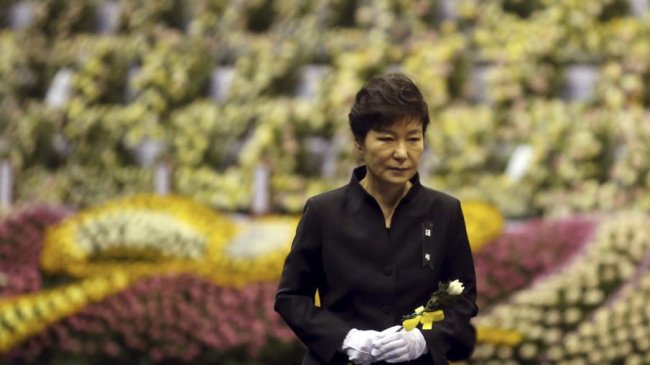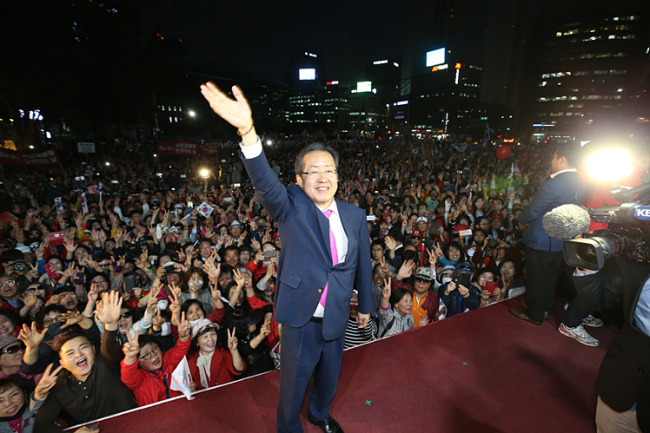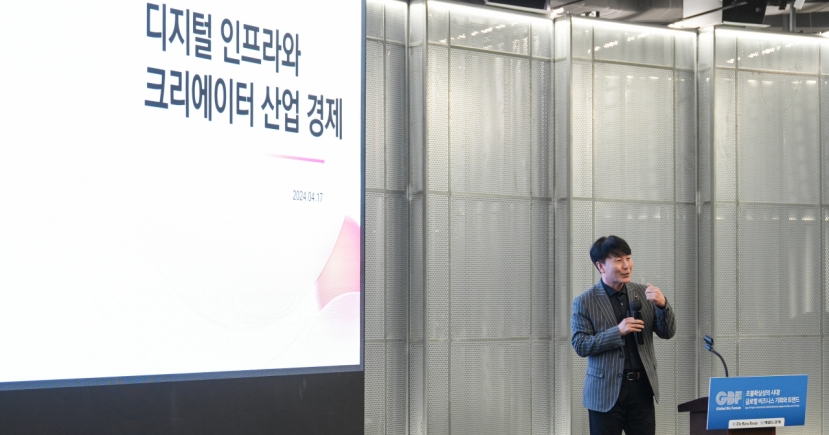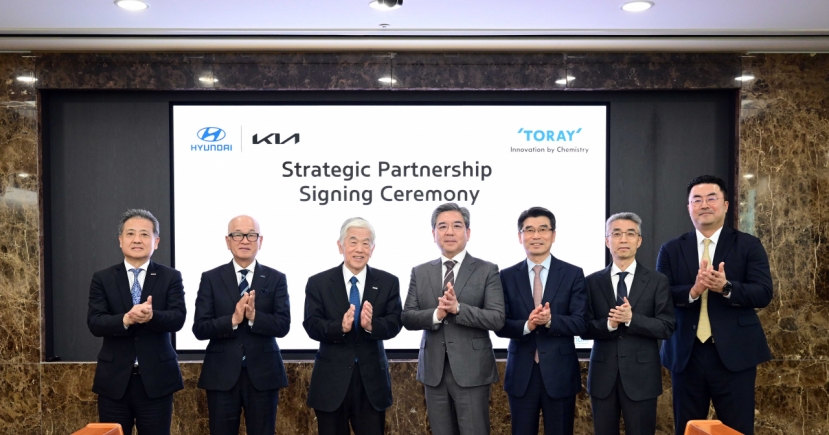Economy
[ELECTION] With election, a chapter of Korea’s political history closes
[THE INVESTOR] With the election of a new president on May 9, South Korea will close a chapter in its political history which saw a sitting president expelled by a peaceful civilian rebellion.
Yet, the months of turmoil have also left the country deeply divided along political and generational lines, as evidenced in the 60-day, condensed campaigning for the snap presidential election.
The turmoil that brought South Korea to where it is now was set off by the scandal surrounding former President Park Geun-hye which broke in October last year. It began with allegations that former presidential secretary Ahn Chong-beom was involved in raising funds for a cultural foundation. The allegation, relatively minor in Korea’s long history of presidents and their associates’ corruption, was a prelude to a scandal that would lead to the ouster of Park.
 |
The allegation was soon followed by the revelation that Choi Soon-sil, a longtime associate of Park, was behind the foundation. Accusations quickly piled up against Choi, whom Park described as being similar to a maid to her, and subsequent investigations uncovered evidence that Park was involved in the alleged wrongdoings. Park denied all the allegations, but she was ultimately impeached and then arrested over a host of charges including corruption.
Conservative chaos
For the country’s rightwing, Park’s downfall has spelled chaos and revealed a lack of strong leadership, and led to the Saenuri Party splitting into the Liberty Korea Party and the more moderate conservative Bareun Party.
Since the early 2000s, the conservatives were dominated by two main factions, whose leaders -- Park and Lee Myung-bak -- both went on to serve as presidents. With Park removed, the conservatives scattered, flocking from one possible champion to another.
First, the conservatives hung their hopes on former UN Secretary General Ban Ki-moon, with many referring to him as a man who served as the “world’s president.” When Ban called off his bid less than a month after setting up shop, the right looked toward acting President Hwang Kyo-ahn.
Hwang, however, had other ideas and chose to stay out of the election all together. Ban and Hwang’s decisions threw the conservatives into turmoil until the Liberty Korea Party, the larger of the two Saenuri splinters, picked Hong Joon-pyo as its candidate.
 |
While Liberty Korea Party chose to back outspoken Hong, Bareun Party’s choice was soft-spoken Rep. Yoo Seong-min.
The events of past 10 months, however, have not all been bad for the conservatives.
The birth of the Bareun Party marks the beginning of reform in the conservative bloc, which Yoo describes “the new hope of conservatives.” The reform envisioned by Yoo appears to have gained more momentum after more than a third of its lawmakers chose to leave the party. According to the party, daily donations increased 13 fold immediately after the development.
For the established conservatives, the rapid growth of Hong’s popularity reaffirmed the presence of a solid supporter base. Although Hong began his campaign far behind his rivals, his approval ratings increased rapidly with some polls placing him on par with People’s Party’s Ahn Cheol-soo.
Personality cult
Recent developments have also highlighted the imbalance between ideologies and policies, and the weight carried by individuals in Korean politics.
Park’s presidency has been characterized by the words “betrayal” and “traitor,” and shown some political heavyweights as placing more importance on factions and leaders than policy direction.
The words were used not to describe those who acted against national interests, but to refer conservative politicians who openly disagreed with Park.
Park is known to place particular importance on loyalty, and such tendencies were critical in her personnel management. One of the most prominent examples is former presidential chief of staff Kim Ki-choon. Kim’s connection to Park goes back to 1974 when he obtained a confession from Mun Se-gwang for the assassination of Park’s mother Yuk Young-soo.
From then on Kim remained within Park’s sphere of influence, and his loyalty to her appears to have gone beyond the boundaries of a democratic republic’s politics. According to Rep. Lee Hye-hoon of the Bareun Party, Kim was in the habit of referring to Park as his “lord” in the sense of the ruler of a monarchy. Kim is also said to have referred to Park’s instructions as “commands.”
While her emphasis on loyalty may have served her personal needs, it was also instrumental in splitting the country’s normally united conservatives.
At the opposite end of Kim is Bareun Party’s Yoo, one of the most infamous “traitors.” His 2015 statement “welfare without tax increase is fiction” regarding Park’s welfare funding ideas gave rise to the term “politics of betrayal.” The tag has followed Yoo ever since, and is thought to have been a major factor in his low ratings, which hovered around 5 percent throughout the campaign period.
Golden opportunity for liberals?
The fall from power of Park and the ensuing fragmentation of the conservative force should bode well for the liberals striving to retake power after 10 years.
With the electorate clearly leaning more left than right, Moon, who carried the flag of the former Democratic United Party and was defeated by Park in the 2012 presidential election, started the 60-day race as the flag-bearer for the Democratic Party of Korea with a convincing lead over his rivals.
Midway into the race, however, he faced challenges, first from centrist Ahn and then from conservative Hong.
Hong’s rise in popularity, in particular, signaled the resurgence of conservatives from the Park Geun-hye fiasco and a nation more divided than any time before.
By Choi He-suk/The Korea Herald (cheesuk@heraldcorp.com)








